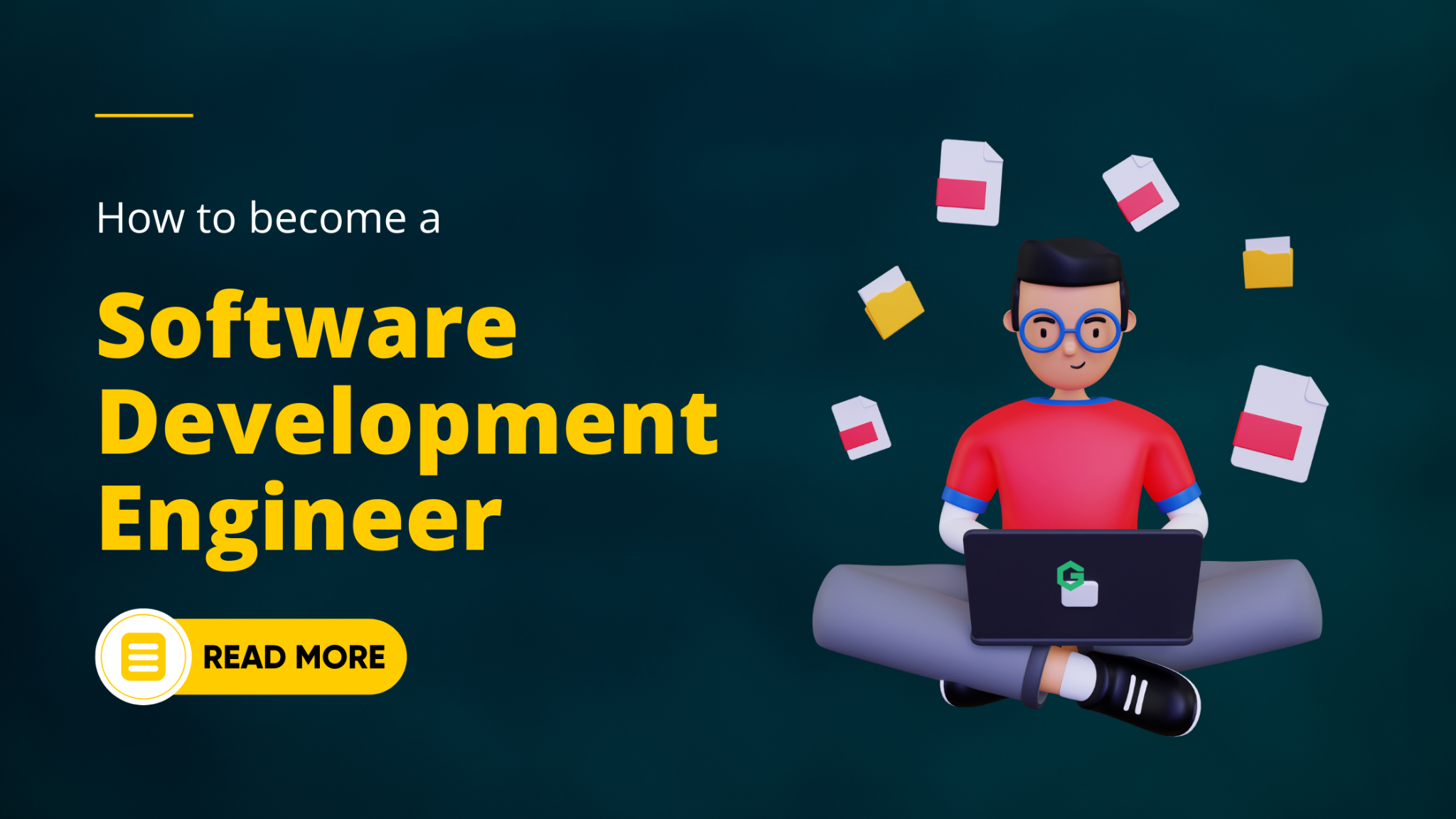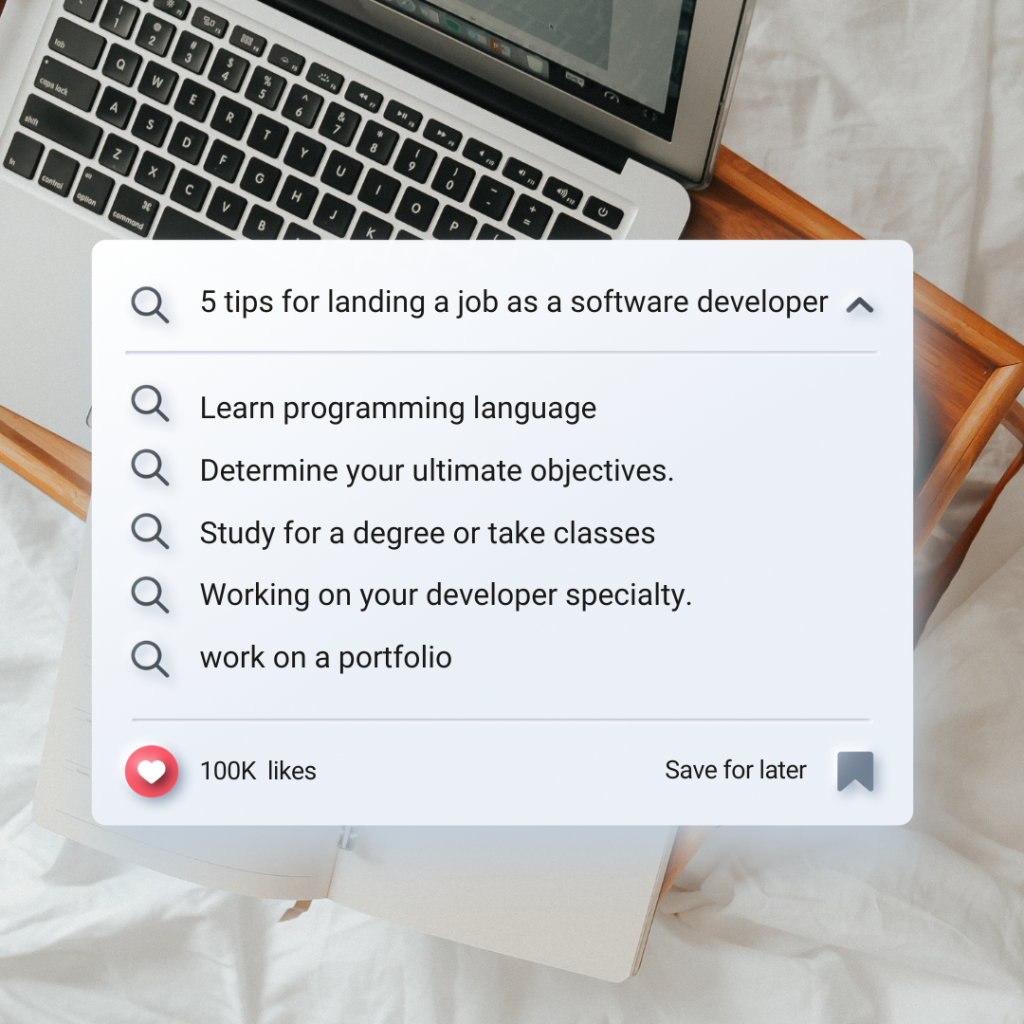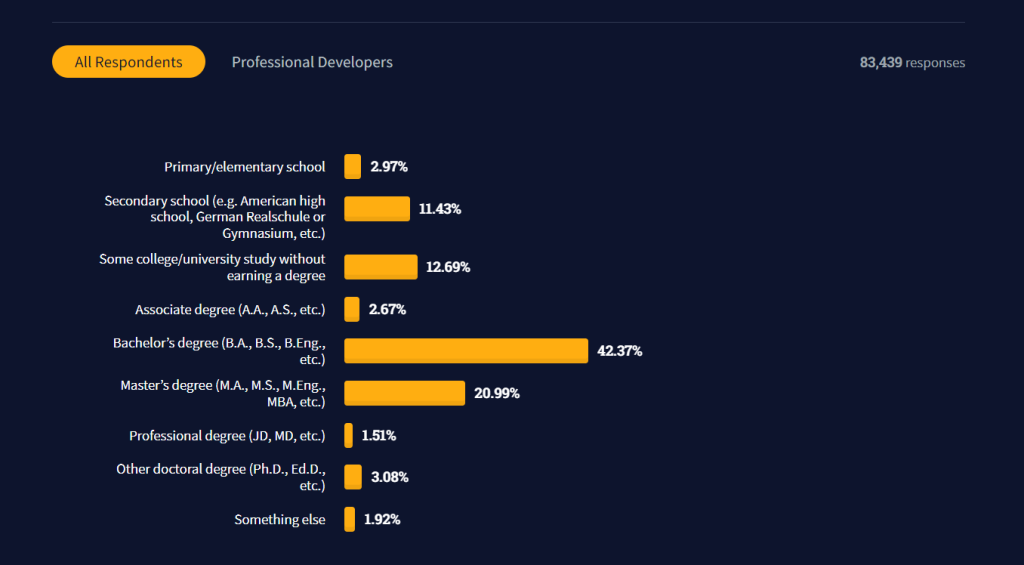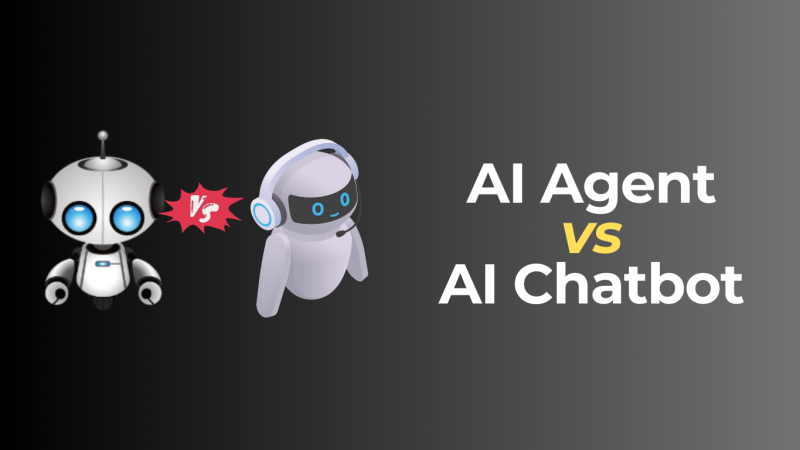How To Become A Software Developer?

Continue reading for advice on how to get your first job!
“The purpose of software engineering is to control complexity, not to create it.” ⠀ ⠀
– Pamela Zave⠀
There is no “one-size-fits-all” approach to learning how to write software. Because everyone is different and starts at a different level, there are many different ways to achieve the same goal, which is fantastic news.
Some people begin with a foundation of technical abilities or a basic understanding of coding. Others begin from the ground up. There are various methods to get the necessary skills and knowledge for a career in software development, regardless of where you start – and we will show you how. But first, you must decide what type of full stack developer course you wish to enroll in.
Learn in this article more about this fast-developing career, as well as course recommendations for skill development and advice for landing a job as a software engineer.
What exactly is the job of a software developer?
Code is written, tested, and fixed by software developers. They also produce illustrations that demonstrate how to write code for computer programmers. Understanding user and company demands is necessary when developing software. These experts must also keep track of software developments and check for problems. You might participate in all phases of the software development process in this role, from figuring out what users need and how they’ll use the product to deploying the finished application. The average full stack developer salary in india is INR 37,841 and their total compensation is INR 2,195,142.
Software developers are in high demand. According to the U.S. Bureau of Labour Statistics (BLS), the career will rise by 26% between 2021 and 2031, adding around 370,600 jobs. There is additional demand for similar jobs, such as quality assurance analysts and testers, which may be of interest. According to the BLS, employment in those roles is predicted to expand 21% over the same time period, generating 40,800 jobs.

Day-to-day responsibilities could include:
- Analyzing software users’ requirements
- Designing, testing, and developing software applications to satisfy the demands of users
- Modeling and diagramming the code required to construct software and applications
- Maintaining and testing software to ensure its functionality
- Documenting the procedure in order to offer information for updates and maintenance
5 tips for landing a job as a software developer
If you want to pursue a career in software development, here are five tips to help you get there.

- Become acquainted with a programming language.
For a profession in software development, you must have a solid understanding of programming languages. Java, Python, C++, and Scala are four programming languages you should learn.
- Server-side apps are made using the general-purpose programming language Java. It works with many different platforms, including the Internet and Android mobile apps.
- Python is largely regarded as one of the easiest languages to learn, making it an excellent place to begin if you’re new to programming. This object-oriented language is well known for its adaptability, with applications in data analysis, development, and scripting.
- C/C++ are prominent system programming languages. C++, which is based on C, is another popular choice among game makers. Because the two languages are so similar, it is possible to learn both.
- A high-level programming language called Scala combines elements of object-oriented and functional programming. It was developed to address some of Java’s shortcomings.
- Determine your ultimate objectives.
Where would you like to work? What is your long-term career goal? Software developers work in a wide range of businesses, including Survey Software publishers, banking firms, insurance companies, and computer system design firms.
You could work in health care, engineering, manufacturing, or another field. Many software developers work in traditional offices, but others take advantage of chances to work for a company or remotely. Knowing what you want out of your profession can help you effectively navigate your path forward.
For example, if you wish to work in health care, you may need to learn about data privacy rules and how patient records are maintained and accessible.
“Always be thinking about what project you’d be most passionate about a year from now,” says Eric Hartzog, a software engineer at Meta. “This helps keep consideration on longer term professional goals beyond the immediate tasks on hand.”
- Study for a degree or take classes.
A bachelor’s degree or higher is held by more than 42 percent of developers polled in the Stack Overflow 2021 Developers Survey.

While a degree is not always required to secure a job in software development, it can help you gain technical abilities and offer up more job prospects. Consider degrees that emphasize development abilities, such as software engineering, computer science, or information technology, when you conduct your study.
To land your desired job in a company, you must first do the necessary preparation. Consider obtaining a minor in the industry you want to work in if you already have an idea of what you want to do.
- Watch programming tutorials on Youtube
- Register for courses at FreeCodeCamp.
- Read books dedicated to coding and software engineering
To obtain their certifications, candidates often need a combination of education and experience. An exam is also required by the majority of organizations. The following are the best technical qualifications for software engineers:
- Certified Software Developer
- AWS Certified Engineer
And lastly, practice DSA Interview questions from a trusted ed-tech platform like Geekster to get yourself your dream job.
- Begin working on your developer specialty.
Whether you pursue official education or self-education, you must commit time to work with programming languages and experiment with development. It is essential for acquiring a complete understanding of the development process, which will assist you in becoming a more productive, efficient, and accurate professional.
If you are interested in app design, you could choose to hone your talents by developing mobile apps. If you’d prefer to work on computer and server infrastructure, you may become a DevOps engineer instead. There are numerous applications for your abilities as a software developer.
- Put your software development work in a portfolio.
Create a portfolio with the programming and application experience you have. Possessing a portfolio of your finest work demonstrates to potential employers that you are able to use the skills listed on your resume in the real world. Your portfolio must at the very least contain the following:
- A brief biography
- Information about how to contact us
- Relevant abilities
- Please provide a link to your résumé.
- citations or awards
- Projects both professional and personal
As your experience grows, tailor your portfolio to showcase just your greatest work. Include projects in which you utilize technologies relevant to the jobs you’re applying for.
You can publish your portfolio on your own domain (to demonstrate your web development talents) or on a free hosting site such as GitHub or GitLab.
Conclusion
Technology is an evolutionary invention, and it will be employed more extensively in the future than it is now. The rising market for inventions does not remain static, but rather brings something fresh to the table on a regular basis.
It is usually difficult to transition to a new field. When you’re unfamiliar with the field, technology in particular can appear intimidating. Working as a software engineer is a rewarding profession. It often has a high income and excellent perks.
It is not necessary to acquire a university degree to break into the sector if you have verifiable talents. There are numerous paths to becoming a successful software developer. These range from completely self-taught through online certification to an in-person coding bootcamp or career-change program. Many people make the change. You can, too, with a little time and effort!






